There are so many different ways to understand a concept or learn something new. We share knowledge and communicate information in so many ways. That being said, it doesn’t often translate into how we experience “formal” learning in action in education or industry talent development. When I say multiple modes or multimodal approaches for learning, you may jump to say “learning styles have been debunked.” This is true. There is not much evidence for said things. That being said, what is not part of the conversation is the option to offer multiple ways to meet our learners needs, preferences, or a diversity of choice for how they will learn a skills, concept, or theory.
 “Pole Dynamics” by Mario Paiano is licensed under CC BY-NC-ND 4.0
“Pole Dynamics” by Mario Paiano is licensed under CC BY-NC-ND 4.0
Sadly, learning delivery, regardless of the industry or sector, rarely offers much choice/variety for learning or training. Instruction or facilitation is commonly a lecture, presentation format with Q&A, a webinar, maybe a workshop with some activity, or some other typical face-to-face experience. Not surprisingly, there seems to be even fewer instructional approaches when the pedagogy becomes digital (i.e. online, blended, hybrid learning environments). If the goal is to reach our diverse learners, their individual needs, and perhaps their preferences — then sadly, we learning professionals could do better for how to design, deliver, and format learning experiences.
I started thinking about this as I prepped for an online workshop I’ll be facilitating next week on this topic: Designing Multimodal Approaches. As I was editing the modules and developing this introduction, I decided to intentionally model this with my own design. I wanted to engage, construct their own knowledge, and offer a personal way to learn from the start.
 Here’s the what mulitmodal artifacts/learning objects I created to represent and communicate the theory of modes of meaning (Kalantzis, Cope, Chan, & Dalley-Trim, 2016) in multiple contexts:
Here’s the what mulitmodal artifacts/learning objects I created to represent and communicate the theory of modes of meaning (Kalantzis, Cope, Chan, & Dalley-Trim, 2016) in multiple contexts:
Audio & Oral Meanings
Communication with music, ambient sounds, noises, alerts, hearing & listening and as a form of live or recorded speech, presentation, etc.
MULTIMODAL CREATE: Soundcloud audio recording and screencast with Camtasia of a slide deck with voice over plus ambient music. Audio grabbed simultaneously with Audio Hijack software while recording the screencast.
Writing & Reading Meanings
Textual: writing, notes, reading, reflections, journals, etc.
 MULTIMODAL CREATE: Text presented in the slide deck + written instructions on the screen PLUS a full transcript as PDF file available for download from Dropbox, and text format by sending my audio recording to otter.ai — then editing this transcript with links, e.g. https://otter.ai/s/HCmFi2ZcTRKdQgXgH7TeiQ Beyond these text versions, I also added this transcript to the Closed Captions on the YouTube video and edited it for timing accuracy.
MULTIMODAL CREATE: Text presented in the slide deck + written instructions on the screen PLUS a full transcript as PDF file available for download from Dropbox, and text format by sending my audio recording to otter.ai — then editing this transcript with links, e.g. https://otter.ai/s/HCmFi2ZcTRKdQgXgH7TeiQ Beyond these text versions, I also added this transcript to the Closed Captions on the YouTube video and edited it for timing accuracy.
Visual Meanings
Making still and video images. Similar to the “audio & oral” meanings, there are so many learning tools I have been tinkering with to make this visual for learning and to explain my process for research, design, etc.
MULTIMODAL CREATE: I decided to source some CC-BY photos, layout my slides and tabs on my screen, and develop a video with these still images and screen directions moving my mouse around the course, to different tabs, etc. to review the course resources.
Spatial, Tactile, & Gestural Meanings
Positioning oneself in relation to others; Making experiences of things that can be felt; and Communicating through movements of the body, facial expressions, eye-movement, demeanor, style, etc.
MULTIMODAL CREATE: This one can be a bit more challenging in a digital environment; however, I decided to “bring in” my learners by building a rapport, sharing a bit about how I approach multimodal learning in my work, and offer them my personal interests and ideas by scrolling through my Instagram page images, sharing about the podcasts I produce/host, and telling them about the #femedtech network I’m curating this week. Although my learners will not see my physical gestures on this video/screencast, they are able to get a feel for who I am, how I relate to their learning objectives of the workshop, and what experiences I hope we can share as we work on multimodal approaches together.
 The things that are not said about designing a multimodal approach for learning, that should be noted:
The things that are not said about designing a multimodal approach for learning, that should be noted:
- It takes some creative planning to identify how you can offer learning content in multiple modes and formats, specifically to reach your learning outcomes/goals in a course.
- Multimodal levels the playing field — it allows for Universal Design for Learning, accessibility, portability, and choice for how learners can participate.
- Multimodal approaches for learning REQUIRES TIME to do it well — so start small. Try re-designing or creating at ONE learning activity, object, or aspect of a course you are instructing.
Do you have advice and suggestions for multimodal approaches for learning design?
Let me know! Over the next week, I have no doubt you will see me tweeting about this workshop using the hashtag #multimodalLX. I strongly encourage and welcome YOUR suggestions, resources, and advice for how to design digital learning experiences in a variety of modes and format.
Reference:
Kalantzis, M., Cope, B., Chan, E., & Dalley-Trim, L. (2016). Literacies, 2nd Ed. Melbourne, Australia: Cambridge University Press
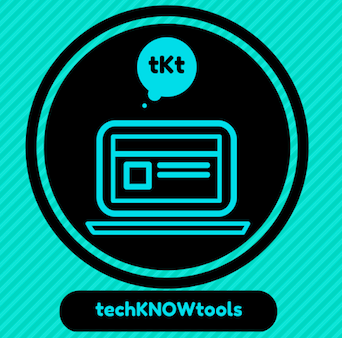


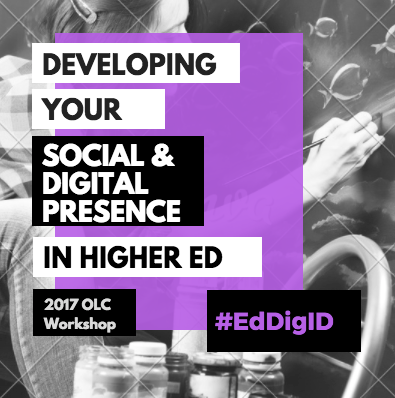
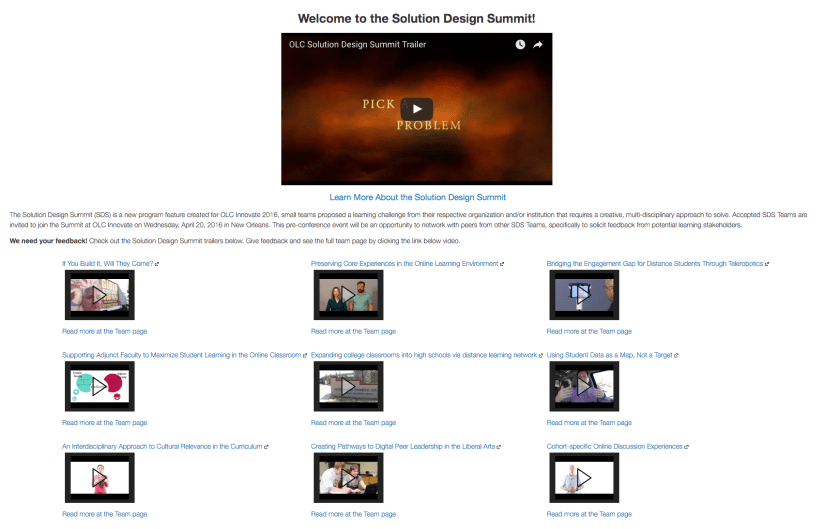


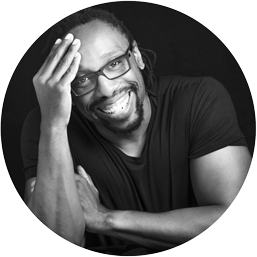
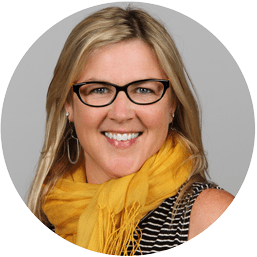



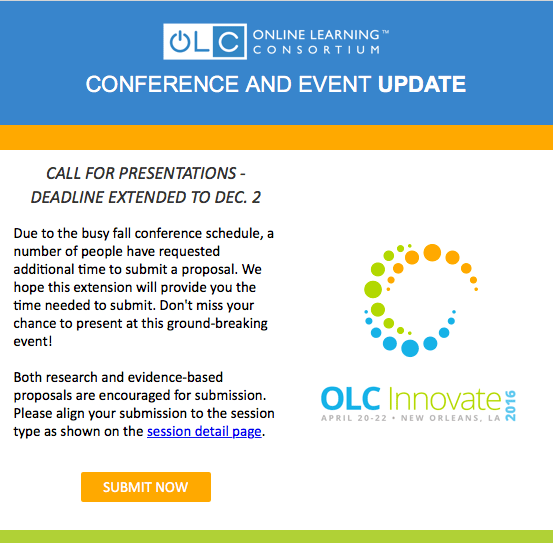
You must be logged in to post a comment.